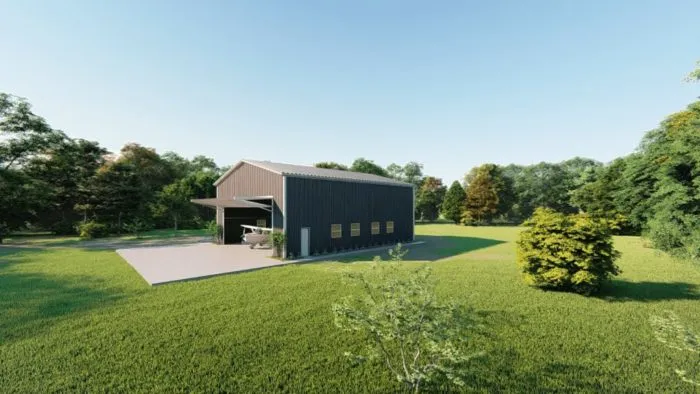- Afrikaans
- Albanian
- Amharic
- Arabic
- Armenian
- Azerbaijani
- Basque
- Belarusian
- Bengali
- Bosnian
- Bulgarian
- Catalan
- Cebuano
- Corsican
- Croatian
- Czech
- Danish
- Dutch
- English
- Esperanto
- Estonian
- Finnish
- French
- Frisian
- Galician
- Georgian
- German
- Greek
- Gujarati
- Haitian Creole
- hausa
- hawaiian
- Hebrew
- Hindi
- Miao
- Hungarian
- Icelandic
- igbo
- Indonesian
- irish
- Italian
- Japanese
- Javanese
- Kannada
- kazakh
- Khmer
- Rwandese
- Korean
- Kurdish
- Kyrgyz
- Lao
- Latin
- Latvian
- Lithuanian
- Luxembourgish
- Macedonian
- Malgashi
- Malay
- Malayalam
- Maltese
- Maori
- Marathi
- Mongolian
- Myanmar
- Nepali
- Norwegian
- Norwegian
- Occitan
- Pashto
- Persian
- Polish
- Portuguese
- Punjabi
- Romanian
- Russian
- Samoan
- Scottish Gaelic
- Serbian
- Sesotho
- Shona
- Sindhi
- Sinhala
- Slovak
- Slovenian
- Somali
- Spanish
- Sundanese
- Swahili
- Swedish
- Tagalog
- Tajik
- Tamil
- Tatar
- Telugu
- Thai
- Turkish
- Turkmen
- Ukrainian
- Urdu
- Uighur
- Uzbek
- Vietnamese
- Welsh
- Bantu
- Yiddish
- Yoruba
- Zulu
Nov . 19, 2024 02:35 Back to list
Creating a Metal Workshop Plans and Considerations
Setting up a metal workshop can be an exciting venture, whether you're a hobbyist looking to craft intricate pieces or a professional seeking to expand your capabilities. With the right plans and considerations, you can create a functional and efficient space tailored to your metalworking needs.
1. Defining Your Workshop Space
Before you begin gathering tools and equipment, consider the space available for your workshop. Ideally, it should be a well-ventilated area, as metalworking often involves dust, fumes, and noise. A garage, basement, or a dedicated shed can be excellent locations.
Measure the available space and create a layout plan. Think about the workflow and how you'll move between different areas cutting, welding, finishing, and assembly. Ensure there is enough room for both the equipment and you to maneuver safely.
2. Essential Tools and Equipment
A well-equipped metal workshop requires a variety of tools
. Your specific needs will depend on the types of projects you intend to tackle. Here are some essential tools to consider including in your workshop- Cutting Tools A bandsaw or plasma cutter is invaluable for shaping metal pieces. Angle grinders and reciprocating saws also come in handy for various cutting tasks.
- Welding Equipment If your projects involve joining metal pieces, having a welding machine is essential. MIG (Metal Inert Gas) welders are great for beginners, while TIG (Tungsten Inert Gas) welders provide precision for more advanced work.
- Drilling and Grinding Tools A good drill press and various grinding tools will allow you to create accurate holes and smooth surfaces.
metal workshop plans

- Bench Tools A sturdy workbench is a must. You might also need vises and clamps to securely hold your workpieces in place.
- Safety Gear Don't forget about personal protective equipment (PPE). Safety glasses, gloves, masks, and hearing protection are crucial to ensure your safety as you work.
3. Organization and Storage Solutions
Effective organization can make a significant difference in productivity. Invest in tool organizers, shelving units, and storage bins to keep your workspace tidy. Label your storage areas to quickly locate tools and materials, minimizing downtime and enhancing efficiency.
Consider creating a designated area for hazardous materials and provide proper ventilation to mitigate any risks associated with fumes or dust. Fire safety is another critical aspect; ensure you have fire extinguishers accessible in case of emergencies.
4. Learning and Skill Development
Beyond setting up the physical space, consider your own skills and knowledge in metalworking. Joining community workshops or online courses can enhance your abilities and expand your creativity. Utilize resources such as books, videos, and forums to learn new techniques and best practices.
Conclusion
A metal workshop can be a haven for creativity and craftsmanship. By carefully planning your space, investing in the right tools and safety equipment, and continuously honing your skills, you can create a productive environment that brings your metalworking ideas to life. Whether you aim to create art, functional items, or prototypes, your workshop will serve as the foundation for countless projects and innovations.
-
How Do Prefabricated Steel Structures Transform Modern Construction?
NewsJul.14,2025
-
How Do Prefabricated Metal Buildings Redefine Modern Construction?
NewsJul.14,2025
-
How Do Prefab Insulated Metal Buildings and Steel Structures Revolutionize Modern Construction?
NewsJul.14,2025
-
How Do Pre - Engineered Steel Structures Redefine Modern Construction?
NewsJul.14,2025
-
Advancing Modular Construction with Prefabricated Metal Structures
NewsJul.14,2025
-
Advancing Industrial Infrastructure with Prefabricated Steel Solutions
NewsJul.14,2025
Products categories
Our Latest News
We have a professional design team and an excellent production and construction team.












